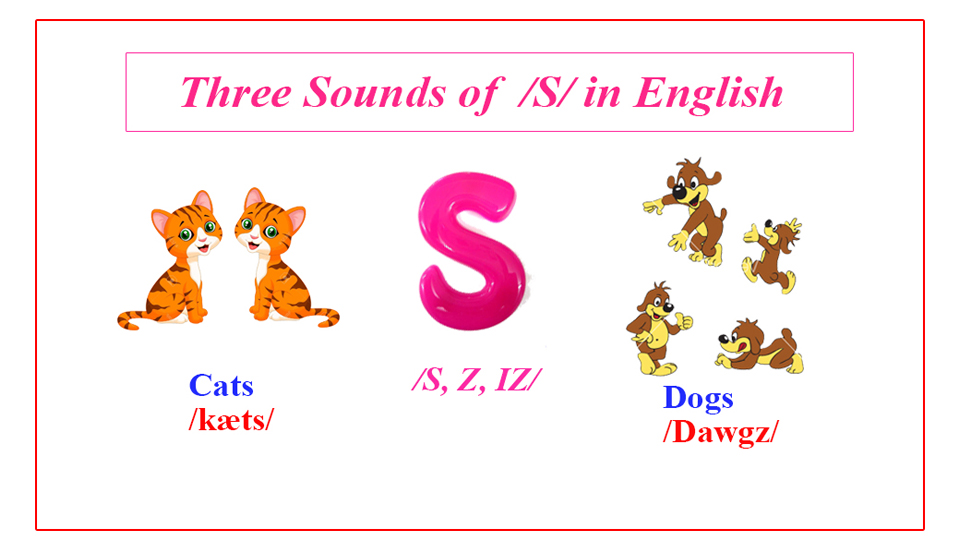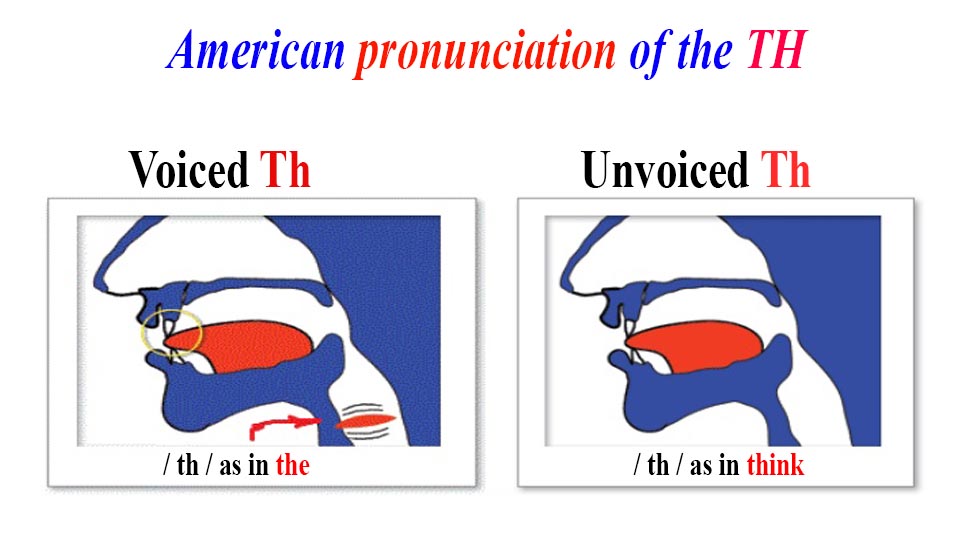Learning English as a second language is not an easy task. For most of the people its the pronunciation issue that causes most of the problems. People face very common pronunciation issues when learning English as a second language. This can be one of the reasons they can’t comprehend when listening to native speakers because they are not familiar with the accurate pronunciation of the words. One prominent problem can be silent letters in English. In this lesson, we will talk about silent letters in English to help you pronounce the words correctly.

What is a silent letter?
A silent letter is a letter in words that are not pronounced but make a huge difference to the meaning and pronunciation of the whole word.
Looking back to the history of the language, these letters were pronounced initially, and then they became silent. There are a lot of silent letters in English, it’s said that around 60 % of words in English have silent letters. This makes spelling and pronunciation more difficult for learners. Below we will look at some silent letter rules that will help you recognize when certain letters are to be silent.
Also Read:
Silent Letters in English
There are some rules that explain which letters are supposed to be silent, before and after certain letters (the only issue about this is that, like all English rules – there are usually some exceptions!). once you start practicing these rules and using new vocabulary that you learn, it will become easier to remember silent letters in English.
Silent B
Rule 1: The letter B is usually not pronounced after M at the end of a word.
• Comb, bomb, thumb, climb, tomb, crumb, lamb
Rule 2: B is usually not pronounced before the letter T.
• Doubt, doubtful, subtle, debt.
Silent C
Rule 1: The letter C is usually not pronounced in the combination of SC.
• Scissors, ascent, fascinate, muscle.
Rule 2: C is usually mute before the letters K and Q.
• Lock, block, puck, acknowledge.
• Aqua, Acquit, Acquiesce.
Silent D
Rule 1: The letter D is silent when it appears before the letters N and G.
• Wednesday, cadge, Pledge, grudge.
Rule 2: D is not pronounced in the following Common words:
• Wednesday, handsome, handkerchief, sandwich.
Silent E
Rule 1: If the letter E comes at the ends of words, it is generally not pronounced.
• Fore, table, before, write, give, hide.
Rule 2: If E occurs before the letter D in the second and third forms of the verbs, E may sometimes not be pronounced.
• Bored, fixed, smuggled, begged.
Silent G
Rule 1: The G letter is not pronounced when it comes before N in a word.
• Design, foreign, sign, gnash, align.
Exceptions: Magnet, igneous, cognitive, signature
Silent GH
Rule 1: GH is not pronounced when it comes after a vowel in a word.
• High, light, thought, through alight.
Rules 2: Exceptions: GH is pronounced separately in compound words (As you can see in the following words that exceptions are generally compound words).
• Doghouse, bighead, foghorn.
Rule 3: Except examples from rule 1, GH is sometimes pronounced like F, consider the words below.
• Draught, cough, laugh, tough.
Silent H
Rule 1: The letter H is usually silent when it appears after W.
• Why, what, when, weather, where.
Rule 2: Sometimes the letter H is not silent after W, consider the words below.
• Whose, whosoever, who, whoever, whole.
Rule 3: His mute at the beginning of many words (remember to use the article “an” with unvoiced H).
• Hour, honest, honor, heir.
Rule 4: Exceptions: Most of the words beginning with H are not silent (remember to use the article “a” with voiced H)
• History, Historical, Hair, Happy.
Silent K
Rule: The letter K is always silent when it precedes the letter N in a word.
• Know, knock, knife, knight, knowledge.
Silent L
Rule: The letter L is usually not pronounced after the vowels: A, O, and U.
• Calf, half, palm, would, should, could, folk, yolk.
Silent N
Rule: The letter N is not pronounced when it comes after M at the end of a word.
• Column, damn, solemn, autumn.
Silent P
Rule: The letter P is not pronounced at the beginning of many words using the combinations PS, PT, and PN.
• Psalm, psephology, pterodactyl, pneumonia, pneumatic.
Silent PH
Rule: PH is sometimes pronounced like F.
• Sophia, paragraph, elephant, telephone.
Silent S
Rule: The letter S is not pronounced before L in the following words:
• Aisle, island, isle, islet.
Silent T
Rule: The letter T is not pronounced in the following common English words:
• Castle, Christmas, fasten, listen, often, beret, Chevrolet, whistle, thistle, bustle, hasten, soften, rapport, gourmet, ballet. (Please click here to know how to pronounce T in English).
Silent U
Rule: The letter U is not pronounced when it comes after G and before a vowel in a word.
• Guide, guest, guard, guess, guano.
Silent W
Rule 1: The letter W is not pronounced at the beginning of a word when it is before the letter R.
• Write, wrest, wrong, wrack, wrap.
Rule 2: W is silent in the following words:
• Who, whose, whole, whom, whose, whoever, answer, sword, two.
IMPORTANT: Pronunciation matters a lot. Despite, having good grammar accuracy and vocabulary power if your pronunciation is imprecise or wrong your speaking will be ineffective. Below I have listed the rules for common miss pronounced words or letters that will help you to avoid common errors in pronunciation. Just click on the links.
Also Read:







18 comments
Welcome back with great article.
Thank You Mr. Shais.
I see a lot of interesting posts here. Your content can go viral easily, you need some initial traffic only.
How to get initial traffic? Search for: masitsu’s viral method
Thank you Rodney dear for your precious feedback. I do my best to help people learn better English by publishing erudite posts.
Hi, i noticed that your page is a bit slow, it took around 5sec.
to load this article. Do you know that page speed
is major ranking factor for google now? If you speed up your website loading time you can rank higher
and get more targeted traffic.
Hello dear Cierra,
Recently we have changed the web hosting. So on our website will be loaded faster and better.
Thanks for the silent letters rules and more useful articles for English learners.
Welcome dear Aadi.
Interesting article, that’s what esl need to beware about, pronunciation is very important for having a good and clear accent , pronunciation is the right way to the fluency. ..
Good explanation…thanks
While they can be in the vocabulary of English-speaking people, some words listed as English words are actually French words (e.g. ballet, rapport). I’m not an expert, but I do know that non-English words are subject to a different set of rules. For example, no 2+ letter English word ever ends in ‘i’ – people can say, “What about ‘sushi’?”, but that isn’t an English word.
there are legions of article related to this article but you one is really awesome.
A to z words in different rules English!
[subtitle] why {B} is not pronounced before {T}
PLZ guide?
In many of the examples you quote the letter is not simply silent but it changes the sound of another letter in the word:
Silent B: TOMB = TOOM not TOM
Silent E: WRITE = RITE not WRIT, HIDE is different from HID
Silent G: SIGN is different from SIN
Silent W: WHOSE is different from HOSE
thank you for your article it very helps me to make my Skripsi. but may I ask you where you get the Rules of pronunciation, I mean can you mention the author, please?
Hiiii, I am mohd rihan Rao
This is what I have been longing for over two years now to pronounce fluently and spell correctly.
I will like to recommend this site. Can you please give the full reference of this site.